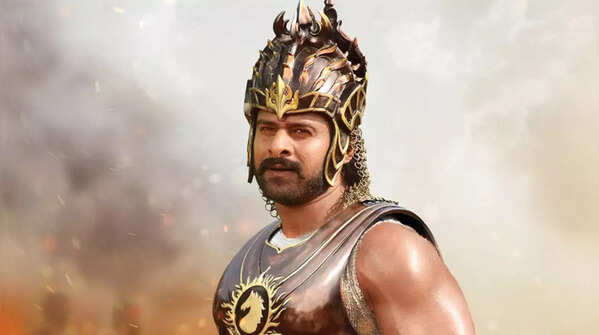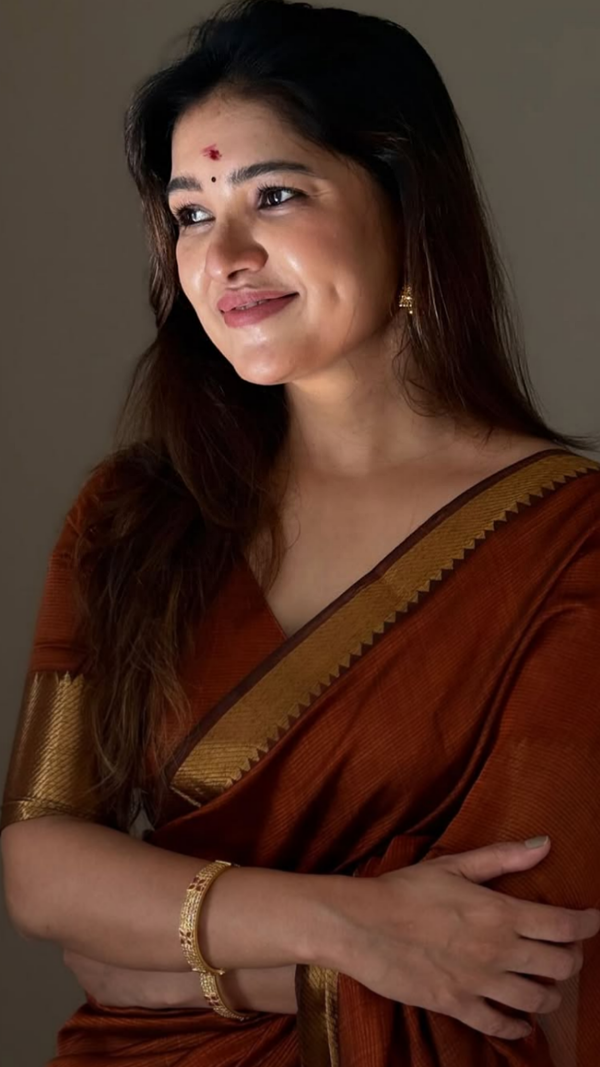- News
- entertainment
- telugu
- Tollywood historical dramas that beautifully show stories from the past on screen
Tollywood historical dramas that beautifully show stories from the past on screen

Baahubali legacy lives
S. S. Rajamouli’s Baahubali (2015) redefined Indian cinema by crafting a fictional yet historically inspired kingdom with ancient warfare, royal intrigue, and cultural grandeur. Its monumental success showcased the potential of Telugu cinema to bring mythic historical worlds alive with unmatched scale and visual storytelling.

Rudhramadevi reimagined power
Rudhramadevi (2015), starring Anushka Shetty, honoured the life of Kakatiya queen Rudrama Devi, one of India’s earliest female rulers. Through detailed costumes, battle choreography, and rich narrative, the film brought 13th-century Telangana’s regal history into the spotlight, inspiring audiences with its powerful feminist lens.

Kanche breaks barriers
Kanche (2015), starring Varun Tej, merged the backdrop of World War II with caste discrimination in pre-independent India. Though not a traditional royal epic, it used historical context to tell a bold, socially conscious story, revealing how personal battles often mirror political ones in turbulent times.

Satakarni’s silent strength
In Gautamiputra Satakarni (2017), Nandamuri Balakrishna portrayed the Satavahana king who defended Indian lands against foreign invasions. The film delved into 2nd-century Deccan history, showcasing valour, strategy, and legacy, with period-accurate settings and dialogue rooted in ancient Indian philosophy.

Narasimha Reddy’s rebellion
Chiranjeevi’s Sye Raa Narasimha Reddy (2019) told the inspiring story of a forgotten freedom fighter who led a rebellion against British rule in the 1840s. With stirring performances and patriotic fervour, the film paid tribute to a warrior long absent from mainstream history.








